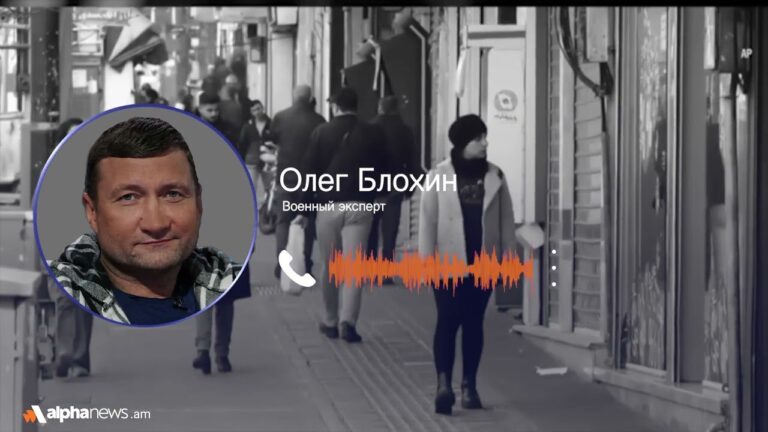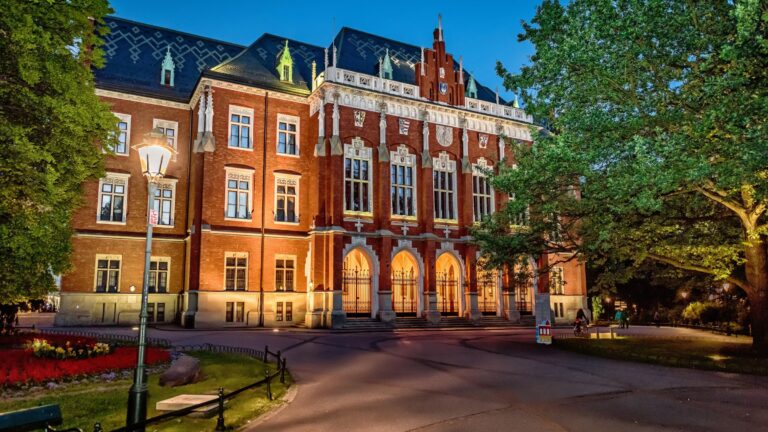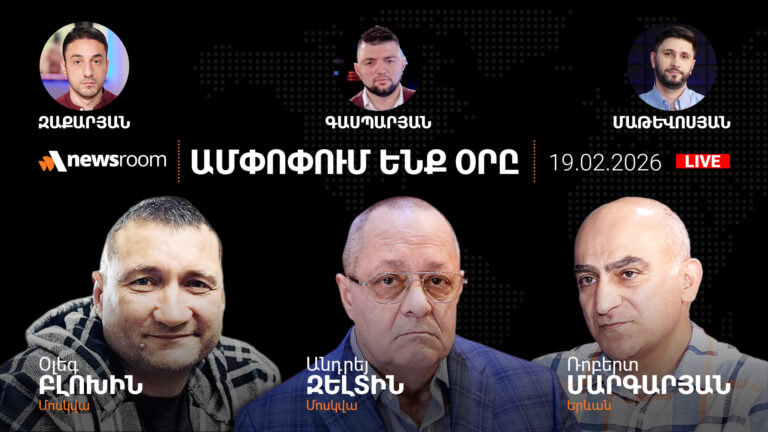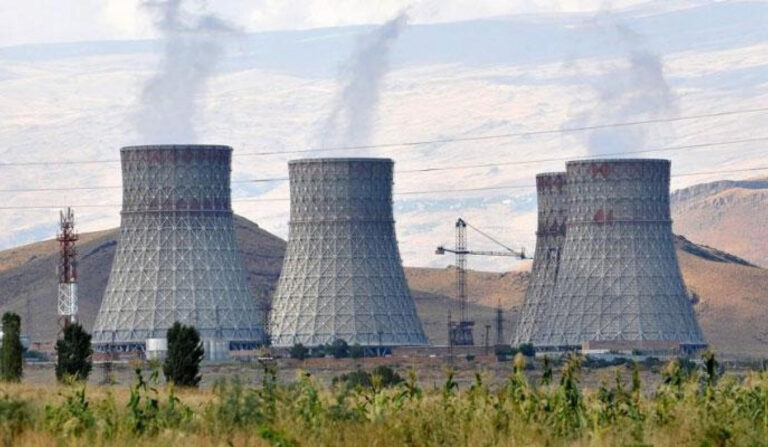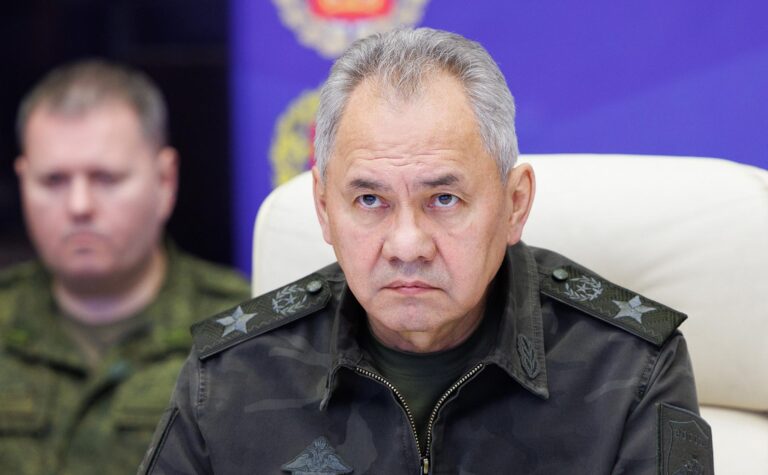Will Armenia send troops to Ukraine?
February 20 2024, 12:12
While Russian Defense Minister Sergei Shoigu was reporting to Russian President Vladimir Putin on the capture of Avdiivka, a strategically important city near Donetsk, Nikol Pashinyan was in Germany to participate in the Munich Security Conference.
Just like before, Nikol Pashinyan spoke with the Armenian community of Germany after participating in the security conference. Among other issues, Nikol Pashinyan spoke about the war in Ukraine and relations with Russia, noting that Armenia is not Russia’s ally in Ukraine.
“I have long been saying that Armenia is not Russia’s ally when it comes to Ukraine. This is our sincere position. It is very painful for us that we cannot influence this situation. The Ukrainian people are a friendly people,” he stressed.
Pashinyan also noted that the 1991 Alma-Ata Protocol on the creation of the CIS should address the situation in Ukraine.
“We recognize the Alma-Ata Protocol, but it’s not just for us. They (Russia and Ukraine – ed.) are the ones who initiated it because it started with the Belovezha Accords that the Soviet Union no longer exists and that they become independent states and recognize each other’s borders. We act on the premise that the Alma-Ata Protocol is the basis for recognizing our independence and territorial integrity, and the same should apply to Ukraine. This document is important to all of us, and its destruction may lead to the collapse of the system,” Pashinyan said at a meeting with the Armenian community in Germany.
As you know, President of Ukraine Volodymyr Zelensky put forward his “peace formula” back in 2022, a concept whose implementation would satisfy official Kyiv and which could be considered a “condition for returning to peace with Russia.” Among other things, the Ukrainian “formula peace” implies the return of Ukraine to its 1991 borders and the withdrawal of Russian troops.
Making political statements about the applicability of the Alma-Ata Protocol of 1991 to the Ukrainian crisis, Nikol Pashinyan advocates for the implementation of Zelensky’s peace formula.
Pashinyan is not sincere enough when he notes that “Armenia is not Russia’s ally when it comes to Ukraine,” because, as can be seen from the above, official Yerevan rather joined the camp of Moscow’s opponents, who are united by the aforementioned Zelensky’s peace formula. Among other things, the “peace formula” includes a clause on restoring justice, which presupposes the creation of an international tribunal against Russia and persons who, according to official Kyiv, committed war crimes on the territory of Ukraine.
That is why we are wondering whether Armenia will send troops to Ukraine to help Kyiv. Pashinyan “discreetly” joined Zelensky’s peace formula, which means that he must be consistent in his steps…
As for the Alma-Ata Protocol, it basically does not apply to the borders of states but confirms the Belovezha Accords, which marked the collapse of the Soviet Union but were signed by only three states: Russia, Ukraine, and Belarus.
The Alma-Ata Protocol has never been used in the context of resolving territorial disputes, neither between Russia and Georgia, nor between Kyrgyzstan and Tajikistan. Zelensky did not even think of talking about this protocol in the context of the conflict with Russia, but Pashinyan needed to somehow organize his actual joining of the anti-Russian coalition, hence the thesis about solving problems between Moscow and Kyiv on the basis of this protocol.
By the way, there is another detail: in addition to the point about recognizing and respecting each other’s territorial integrity and the inviolability of existing borders, there are other points in the protocol according to which the CIS members must maintain a unified management of strategic forces. How do these points include Pashinyan’s desire to integrate the Armenian armed forces into the NATO Armed Forces?
Or is the protocol valid “only partially” and only where it meets the interests of Pashinyan and his political partners?
Problems with Azerbaijan “on the ground” were not enough for us, and now we are entering a new stage of open confrontation with Russia. Moreover, the confrontation is without minimal visible and real guarantees of security from the West.
Think about it…

